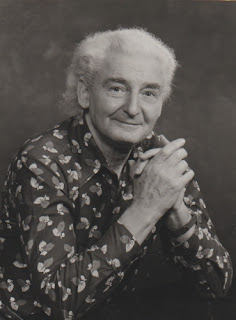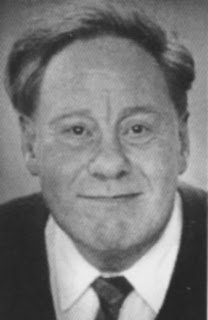A Near Death Experience
Jane Marshall - cor anglais
The trouble with recording sessions is that
you never know what you're going to be in for until the moment you walk through
the studio door…
Imagine my delight, on arriving at Air Studios
in NW3, to find that we were doing a new album for the great Michel Legrand
(remember Windmills of your Mind from The Thomas Crown Affair?) with the man
himself conducting. It was to be called Between Yesterday and Tomorrow and was
a series of songs telling the story of a woman's life from birth, through
childhood and motherhood to old age and ultimately, death. The piece was
originally written for Barbra Streisand but after a couple of initial sessions
was abandoned, until the French Opera star Natalie Dessay heard about it and
was desperate to record it.
As usual, I had a quick look through the part
after warming up and there did seem to be a couple of Cor Anglais solos but
nothing too onerous I thought…
Ha! How wrong can you be?
When it came to it, the two solos were to be
played segue, constituting one of the longest and loneliest solos I've ever
had to play, even after twenty odd years in a symphony orchestra. Inevitably
(for the Cor Anglais) it was in the last song called, rather aptly, 'Last
Breath' and so I started playing in what I thought was a suitably sombre and
discreetly dying sort of style.
'NON
NON NON NON NON NON NON!!!!!' shouted M. Legrand from
the podium, followed by one of those ghastly silences in a room when nobody
dares to breathe. He may be small and in his
mid 80s but my goodness he can be fierce!
Clearly I had totally misinterpreted Michel’s
feelings about death. He wanted the voice he had given to me to rail against
death, passionately, powerfully and with anguish, only then to mellow and
eventually fade away.
From a technical point of view this was a huge
challenge; a long, lonely continuous solo with limited breathing opportunities,
screeching at full volume up the top of the range and then gradually getting
lower and quieter, all those things you'd rather not have to do on the Cor
Anglais. Michel made me dig incredibly
deep to give him the emotional intensity that he wanted, but we got there. He
was delighted with the end result and I had had an extraordinarily fulfilling
experience, even if my heart had nearly stopped in the process!
All over now!
Jane Marshall is a freelance London musician
and Professor of Cor Anglais at both the Royal College of Music and Guildhall
School of Music and Drama. She was formerly Principal Cor Anglais of the
Philharmonia Orchestra for 16 years and prior to that, the BBC Symphony
Orchestra.
































